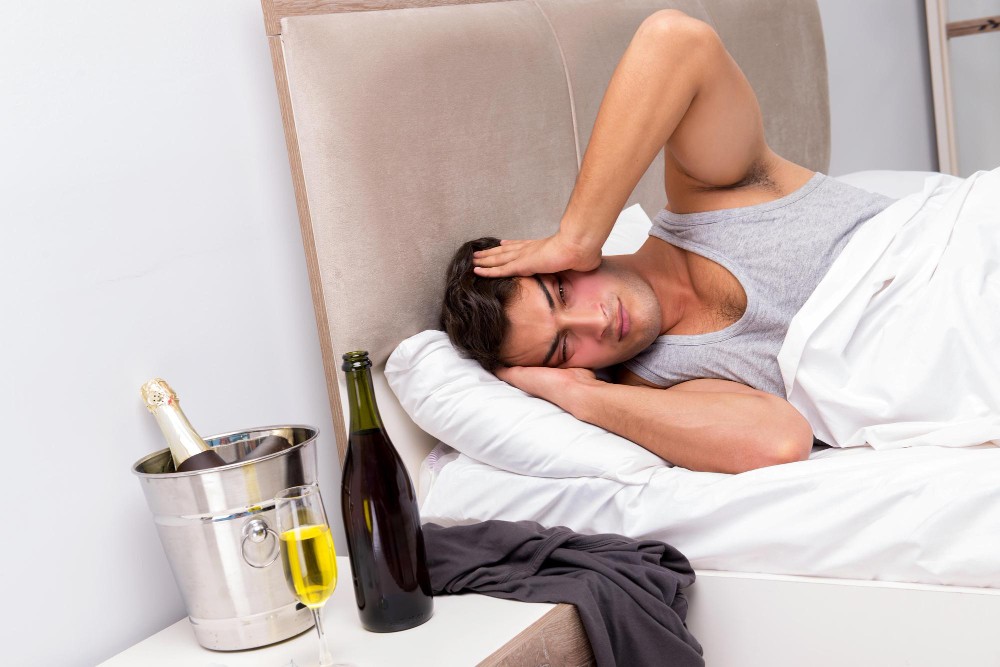Join Our Newsletter
Subscribe with your email to receive the latest news, updates, and exclusive offers.

Many people like a tipple or two from time to time, and most people have woken up in the morning suffering with a bit of a sore head and much more tired than the 10 hours sleep you’ve just had would suggest.
Alcohol can significantly affect our sleep, and for many people who suffer with alcohol problems it can be really tough, both during drinking periods and when going through alcohol withdrawal, with symptoms associated with that leading to real sleepless nights.
At whatever stage though, what are the signs that it could be alcohol that is causing problems with your sleeping patterns and routine?
One of the most common signs that alcohol is affecting your sleep is difficulty falling asleep. While alcohol can initially make you feel drowsy and relaxed, it can ultimately make it harder for you to fall asleep. This is because alcohol disrupts your sleep cycle, making it difficult for your body to enter into the deeper stages of sleep that are necessary for feeling fully rested.
Alcohol can also lead to snoring and sleep apnoea, which are both signs that your sleep is being negatively affected. When you consume alcohol, it relaxes the muscles in your throat and can cause them to become narrower, leading to snoring and disrupted breathing. This can ultimately lead to interrupted sleep and leave you feeling tired and groggy in the morning.

One of the most common signs is that you will find yourself tossing and turning throughout the night. Alcohol can disrupt your sleep cycle, causing you to wake up more frequently and leaving you feeling restless and unable to get comfortable. This can ultimately lead to a lack of deep, restorative sleep, leaving you feeling tired and fatigued during the day.
If you find yourself waking up early in the morning after a night of drinking, this is a sign that alcohol is affecting your sleep. Alcohol can cause you to fall asleep quickly, but it can also cause you to wake up earlier than you intended. This is because alcohol disrupts your sleep cycle, causing you to enter into lighter stages of sleep, making it easier for you to wake up.
Even if you manage to get a full night’s sleep after drinking, the quality of your sleep may be compromised. Alcohol can disrupt the REM (rapid eye movement) stage of sleep, which is essential for feeling fully rested. This can lead to feelings of fatigue and tiredness during the day, even if you manage to get the recommended 7-9 hours of sleep.
